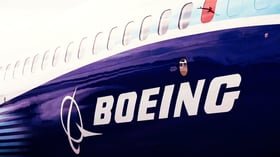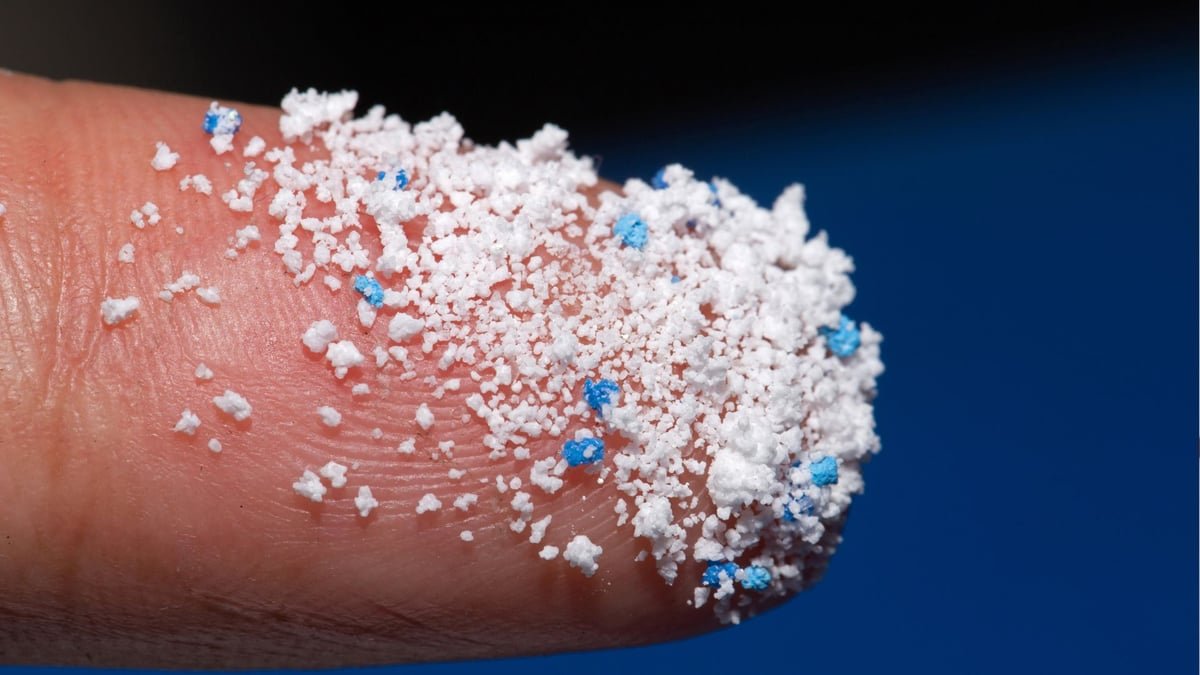Boeing overcharged the Air Force nearly USD 1 million for spare parts on C-17 cargo planes, including an 8,000 per cent markup for simple lavatory soap dispensers, according to the Pentagon’s inspector general.
Boeing Overcharged US Air Force
The Defense Department’s auditor reviewed prices paid for 46 spare parts on the C-17 from 2018 to 2022 and found that 12 were overpriced and nine seemed reasonably priced.
The Defense Department’s auditor reviewed prices paid for 46 spare parts on the C-17 from 2018 to 2022 and found that 12 were overpriced and nine seemed reasonably priced.
It couldn’t determine the fairness of prices on the other 25 items.
The Office of the Inspector General said it reviewed the soap dispenser prices after getting a hotline tip.
Boeing disputed the findings.
Boeing Refutes Findings
“We are reviewing the report, which appears to be based on an inapt comparison of the prices paid for parts that meet aircraft and contract specifications and designs versus basic commercial items that would not be qualified or approved for use on the C-17,” Boeing said in a statement.
“We will continue to work with the OIG and the US Air Force to provide a detailed written response to the report in the coming days.” The C-17 Globemaster is one of the military’s largest cargo aircraft.
It can carry multiple military vehicles, large pallets of humanitarian supplies or, in extreme circumstances, hundreds of people. The Air Force flew C-17s nonstop for two weeks during the hectic August 2021 withdrawal from Afghanistan, evacuating more than 120,000 civilians fleeing the Taliban.
Boeing is still trying to recover from financial and reputational damage caused by two deadly crashes in 2018 and 2019 of its bestselling airline jet, the 737 Max.
Since 2011, the US government has awarded Boeing more than USD 30 billion in contracts to purchase needed spare parts for the C-17 and be reimbursed by the Air Force.
Boeing is still trying to recover from financial and reputational damage caused by two deadly crashes in 2018 and 2019 of its bestselling airline jet, the 737 Max.
This has been a particularly volatile year for the aerospace giant. It came under renewed scrutiny and federal investigations after a door plug flew off a 737 Max during an Alaska Airlines flight in January. Federal regulators limited Boeing production of the plane.
(Except for the headline, this article has not been edited by FPJ’s editorial team and is auto-generated from an agency feed)




